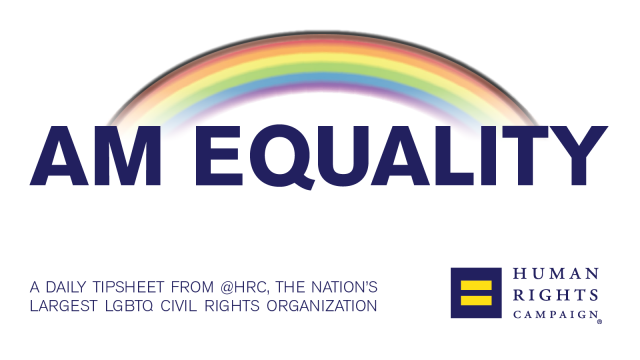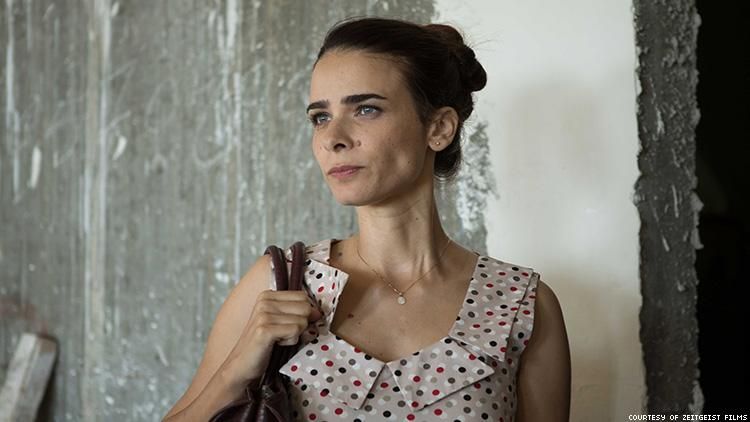Many of us have grown up knowing about American poet Emily Dickinson, but what do any one of us really know about her life? Was she really a spinster afraid of going outside? The new indie film, Wild Nights With Emily, tells a more true story about the person behind the pen, as played on screen by comedy superstar Molly Shannon.
Wild Nights With Emily explores the untold history that led to the common belief that Emily Dickinson never left her house. The film’s director and writer, Madeleine Olnek, explains that from her perspective, “Emily Dickinson was “a rebel [who] lived life on her own terms.”
With the help of new technology, historians were able to find erased names on passionate letters Emily Dickinson had written to a lover, proving that she had a lifelong romantic affair with her close friend, Susan. Olnek found such inspiration in Emily that she felt that she needed to write this side of the famed American poet’s story.
But it wasn’t necessarily an easy film to finance and get made. When asked what her professional experience has been like as a lesbian feminist filmmaker, Olnek jokingly replied, “People just throw money at [me]. It’s great!”
For the first time on the big screen, Emily Dickinson is full of humor and love, proving herself as an unsung inspiration for the LGBTQ community. With Olnek at the wheel, Shannon shines as Emily in this light-hearted drama, showcasing her experiences of romance, heartbreak, sexism, and bravery. The film follows Emily life as she pursues publishing and finds herself falling in love with Susan, a childhood friend.
Molly Shannon recently opened up to GLAAD about being a part of this wonderful film:
Your portrayal of Emily Dickinson is so completely different from the mainstream mythology that she was an agoraphobic spinster. How did you prepare for, and approach, taking on this role?
Well, Madeleine Olnek, our writer/director is just so knowledgeable about Emily Dickinson and her life. We also worked very closely with scholar Martha Nell Smith who is an expert on Emily. So, I really asked them a lot of questions about her, and if I didn’t understand certain things in her poems, I would go to them.
You’ve been involved with a lot of LGBTQ-inclusive media projects – such as the fabulous The Other Two, which just finished airing its first season – but this is the first time you’ve played an LGBTQ character; a well-known historical figure, at that. What was the experience like to portray Emily Dickinson as her most authentic self?
It felt amazing to portray Emily Dickinson as her authentic self. I’m really happy and proud to be a part of telling the truth about Emily’s life. She is an unclaimed LGBTQ community hero and a model for the new wave of feminism that advocates equality for all. The way I knew her growing up, and how she was presented for years and years, was as a victim, a frightened woman who spoke to people through walls with no desire to have her voice heard in her lifetime. And this false idea that we had of her ends up sabotaging women today who are struggling to get their voices heard and are looking for role models.
I believe there was a lot of collusion between people who were close to Emily who had seen these letters but were worried that if the truth got out then the reading public who was so enamored with the image of the shy spinster recluse would no longer want to read. Yes, there were erasures of Susan’s name, but what was interesting is there are so many letters that were untouched. Hiding in plain sight is how we think of this story.
People thought they were doing something positive by hiding the fact that she had a long romantic life with Susan, her creative collaborator, and sister-in-law, but now the world has changed and we can tell the truth. And Madeleine Olnek and I want to tell the truth with our movie.
Wild Nights With Emily is a period piece but the subject matter is certainly timely, particularly with recent developments within the Women’s Movement and LGBTQ rights. What lessons do you think Emily Dickinson can have for women living in 2019?
Well, Emily Dickinson is an unclaimed LGBTQ community hero. She is a role model. She is a writer who experienced rejection during her lifetime. The film examines sexism through the lens of comedy. And basically, the film reveals a woman whose efforts to get published were repeatedly rejected by the sexist oppressive establishment. This can serve as an empowering role model with modern female writers with similar struggles trying to get their voices heard.
The sanitized version of her life that we are used to is not serving us, so we want to tell the truth.
Emily Dickinson is a trailblazer and a rebel artist who pushed the envelope with her poetic form. She desperately wanted to be published.
Do you have a favorite scene from the film? Or a favorite experience on set working with Madeline?
My favorite scene is with Higginson, an editor of the Atlantic Monthly played by the wonderful actor Brett Gelman. Emily was trying really hard to sell herself to him when he came to visit her. She sent him 90 poems, and in the scene, I’m really trying to sell myself. She is talking a mile a minute and he keeps telling her what he doesn’t like about her poems, such as the use of dashes. I love it because in this scene she is the opposite of what we think of her, and she ends the scene by saying “thank you for your surgery” and is depressed it didn’t go well. I just love how hard she tried.
You told EW that Wild Nights With Emily is, “such an important movie to correct and change history and tell the truth!” So much of queer history has been revised or erased, and your work often strives to undo that damage. What draws you to projects that push for honesty and corrective history?
I think the film spotlights her romantic life as well as her enduring poetry, which was hidden during her living years since the publishing industry was not keen to reward a woman who didn’t confine to the norms of the time. The film features a really strong female-centered LGBTQ narrative. I was passionate about looking at her now, as the former version of her sabotaging women today. People thought they were doing her a service by having a 40-year long romantic and creative collaborative relationship. The world has changed and now we can tell the truth.
In 1951, a book came out about Emily’s affair with the second woman, Kate, which is also in our movie. In 1951 it was the height of the red scare where homosexuality was equated with communism. At this time, it could have threatened Emily Dickinson’s poems being read in schools. I think that is kind of interesting. There was a feeling that ED was one of the few women who were in the canon and her love for women would be used as dirt on her to discredit her.
Wild Nights With Emily opens at the Landmark Theater in Los Angeles on April 12 and rolls out wider from there. Q&A’s will take place on Friday, April 12 at 7:30 pm with Molly Shannon, Amy Seimetz and Susan Ziegler, and on Saturday, April 13 at 7:30 pm with Seimetz and Ziegler.








